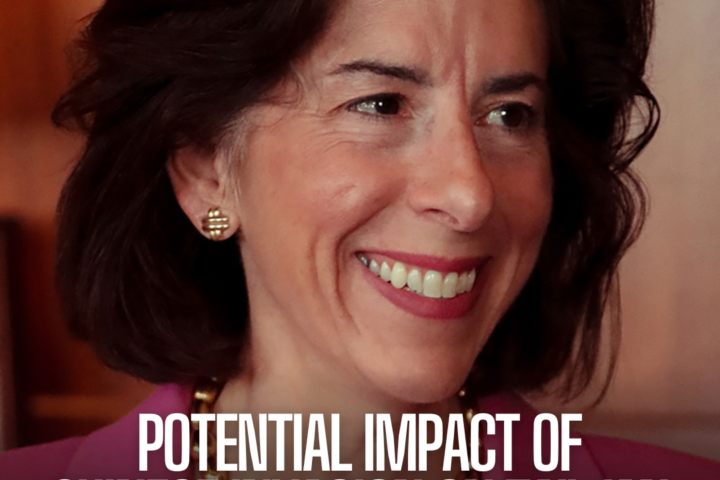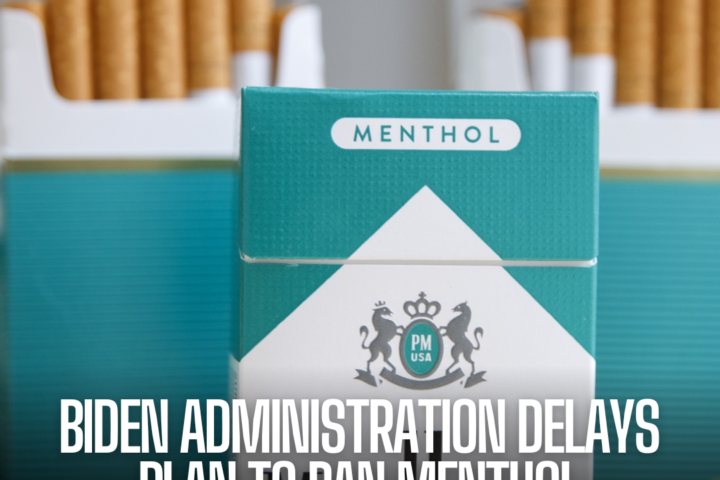Consumer bodies say it’s time to rid food of unneeded and potentially toxic chemicals.
A new bill introduced by Democratic state lawmaker Jesse Gabriel in California aims to address concerns surrounding the use of food additives in school meals. The proposal, known as AB 2316, targets a range of dyes and colorants commonly found in processed foods, seeking to prohibit their inclusion in public school meals.
The Targeted Additives
The bill specifically identifies several additives, including blue 1, blue 2, green 3, red 40, yellow 5, yellow 6, and titanium dioxide, commonly used in various food products. These additives lend vibrant colors to items like cereals, sports drinks, cake mix, and canned peas.
Concerns and Calls for Action
Public interest groups and consumer safety advocates have long raised concerns about the potential health effects of these additives, particularly in children.
Research suggests possible links between their consumption and increased hyperactivity in children, prompting calls for mandatory warning labels or outright bans.
Encouraging Alternatives
If passed, AB 2316 could prompt food manufacturers to reformulate their products, replacing synthetic dyes with natural alternatives.
Also read: Soho House reports significant losses despite revenue growth
Gabriel emphasizes that the goal isn’t to remove products from shelves but to encourage the adoption of safer alternatives. He highlights examples like Pepperidge Farms Goldfish crackers, which use natural extracts for coloring.
Support for the Bill
Consumer Reports’ Brian Ronholm supports the bill, noting that it presents an opportunity to remove potentially harmful chemicals from school meals.
Given that young students’ brains are still developing, limiting their exposure to such additives is crucial. AB 2316 is seen as a positive step toward addressing this issue and safeguarding the health of children.
Conclusion
California’s AB 2316 represents a proactive effort to address concerns surrounding food additives in school meals. By targeting synthetic dyes and colorants, the bill aims to promote safer alternatives and protect the well-being of students.
If successful, it could set a precedent for similar measures nationwide, emphasizing the importance of transparency and health in food production.


























